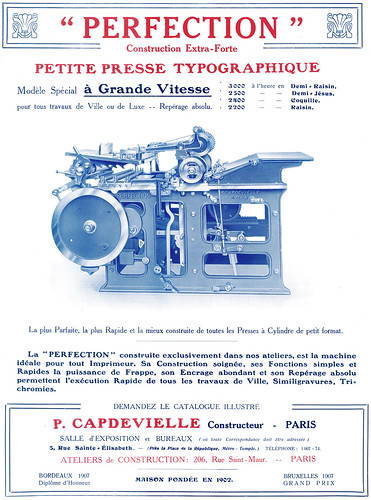Can doing what’s best make you feel worse?
.
First, two quick definitions:
Maximizer: someone who systematically works, comparing options, in order to find the optimal solution.
Satisficer: someone who accepts what is “pretty good.”
Expanding upon Simon’s (1955) seminal theory, this investigation compared the choice-making strategies of maximizers and satisficers, finding that maximizing tendencies, although positively correlated with objectively better decision outcomes, are also associated with more negative subjective evaluations of these decision outcomes. Specifically in the fall of their final year in school, students were administered a scale that measured maximizing tendencies and were than followed over the course of the year as they searched for jobs. Students with high maximizing tendencies secured jobs with 20 per cent higher starting salaries than did students with low maximizing tendencies. However, maximizers were less satisfied that satisficers with the jobs they obtained, and experienced more negative affect throughout the job-search process. These effects were mediated by maximizers’ greater reliance on external sources of information and their fixation on realized and unrealized options during the search and selection process.
Source: “Doing Better But Feeling Worse: Looking for the ‘Best’ Job Undermines Satisfaction” from Psychological Science, 2006, Volume: 17 | Issue: 2 | Pages: 143-50
For more on the subject I highly recommend the book The Paradox of Choice: Why More Is Less.
Join 25K+ readers. Get a free weekly update via email here.
Related posts:
At what annual salary does money stop making us happier?
How to make yourself happier in just a few seconds
Do happy people love their jobs or do good jobs make people happy?





